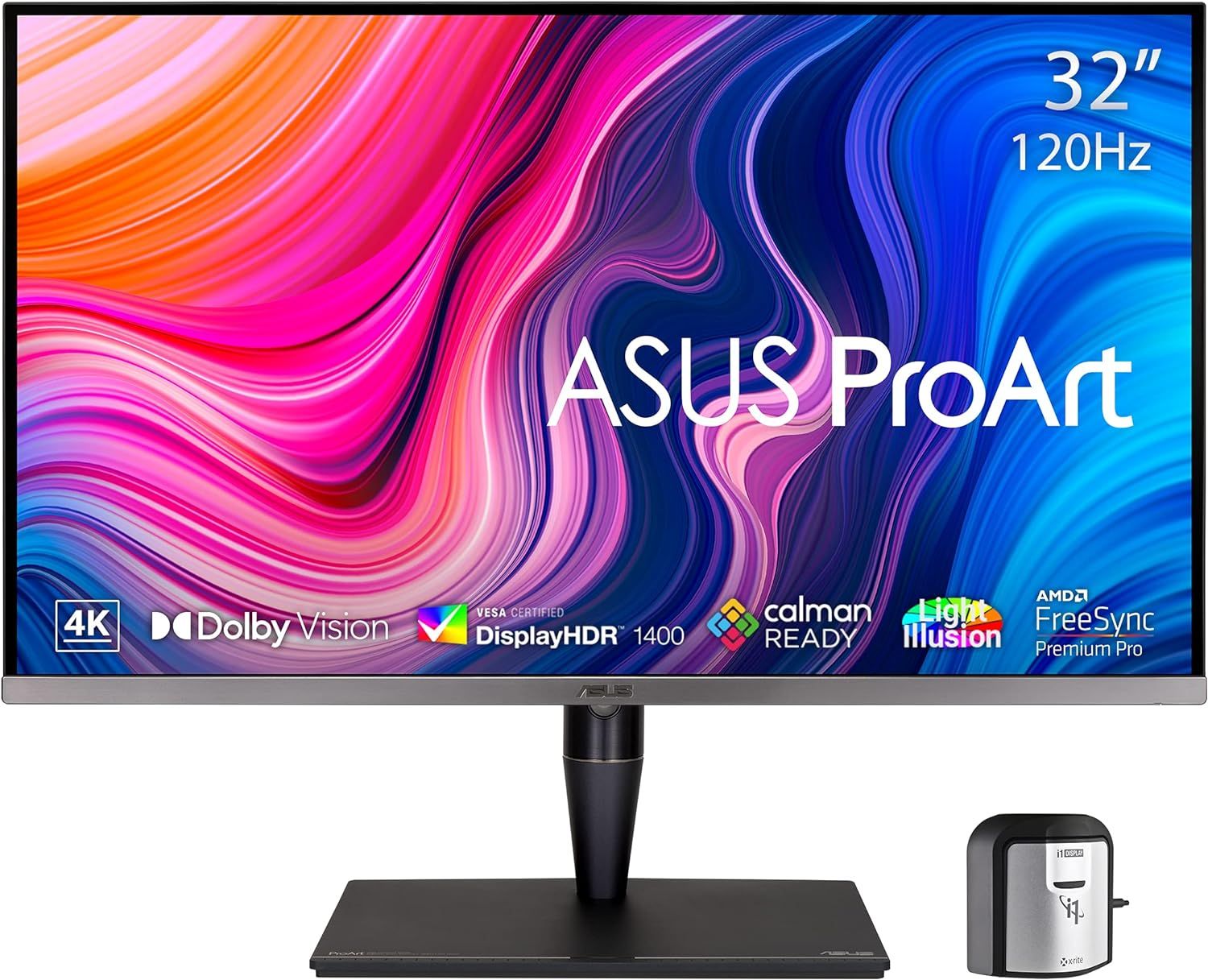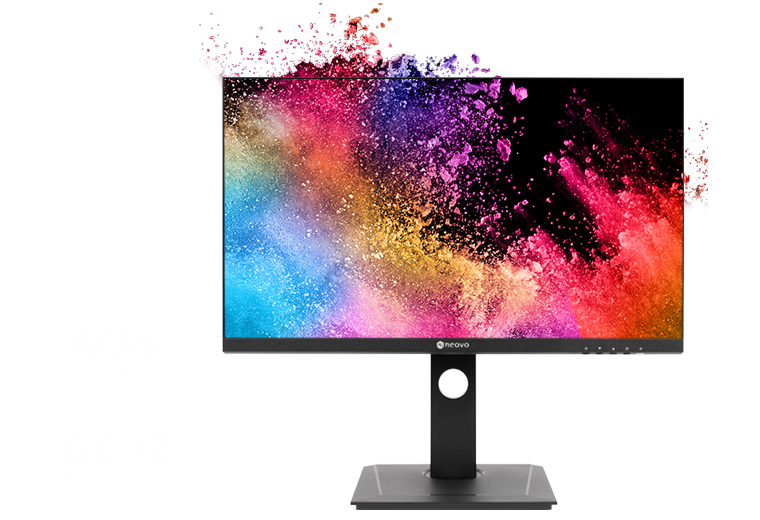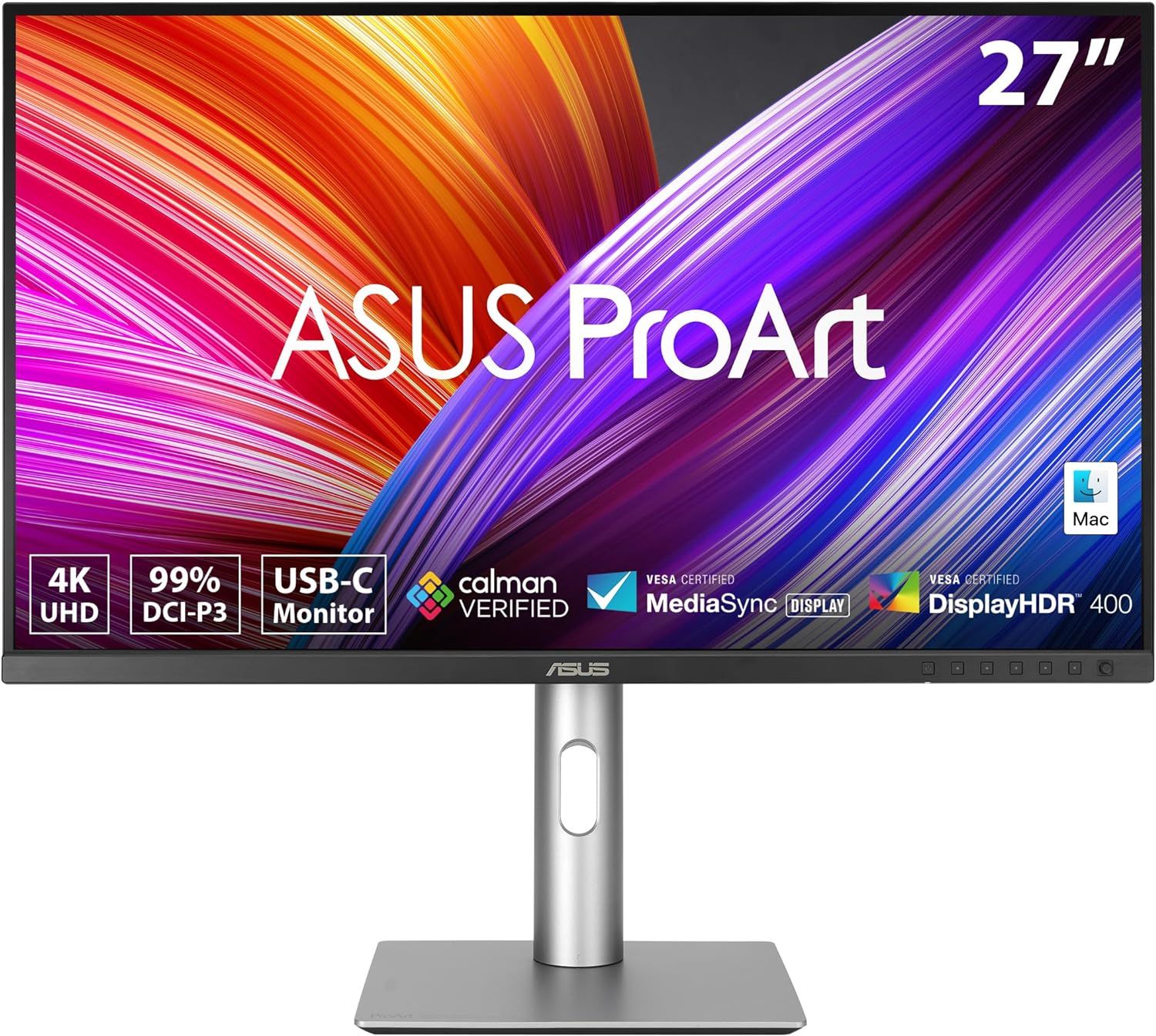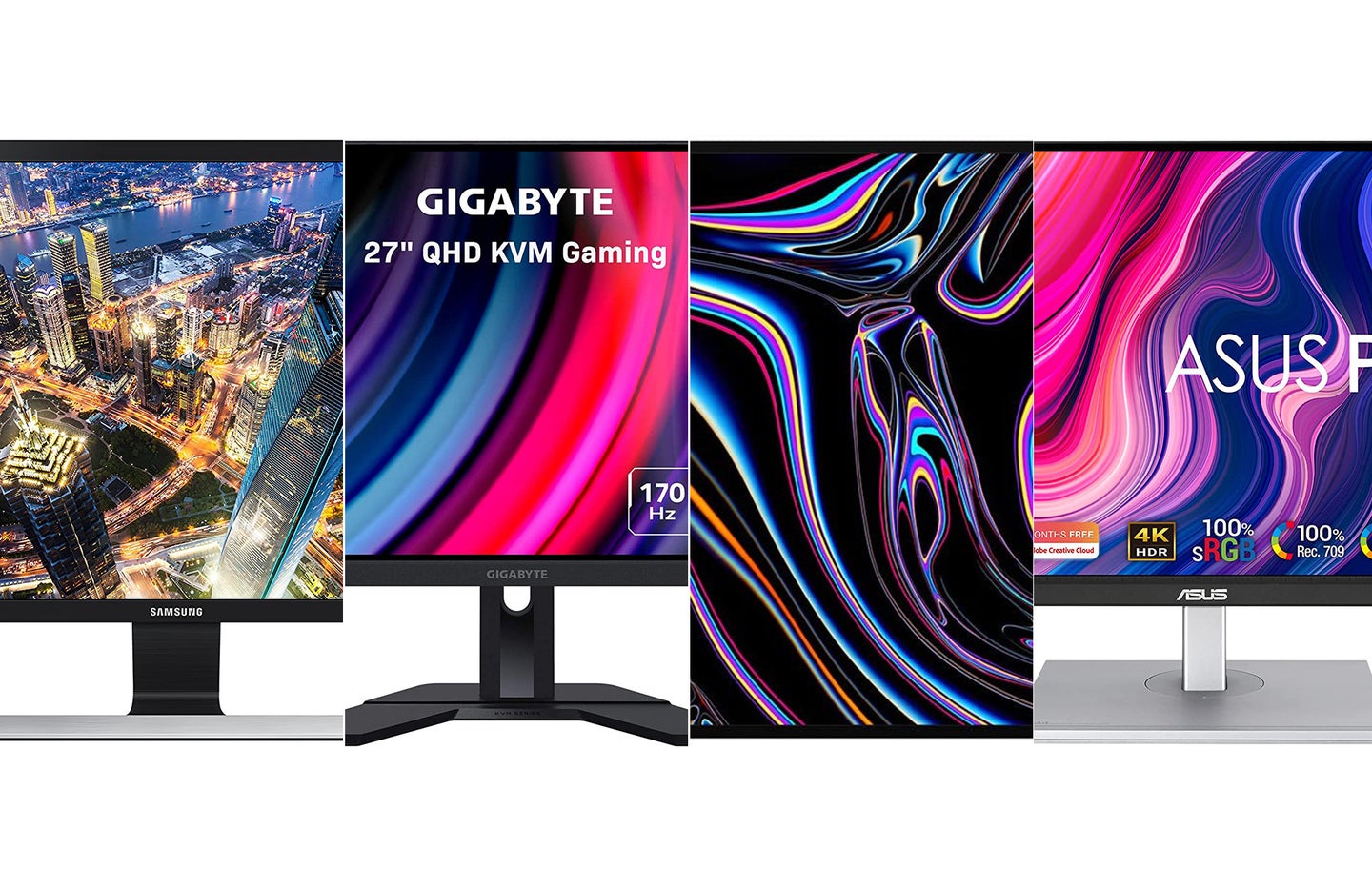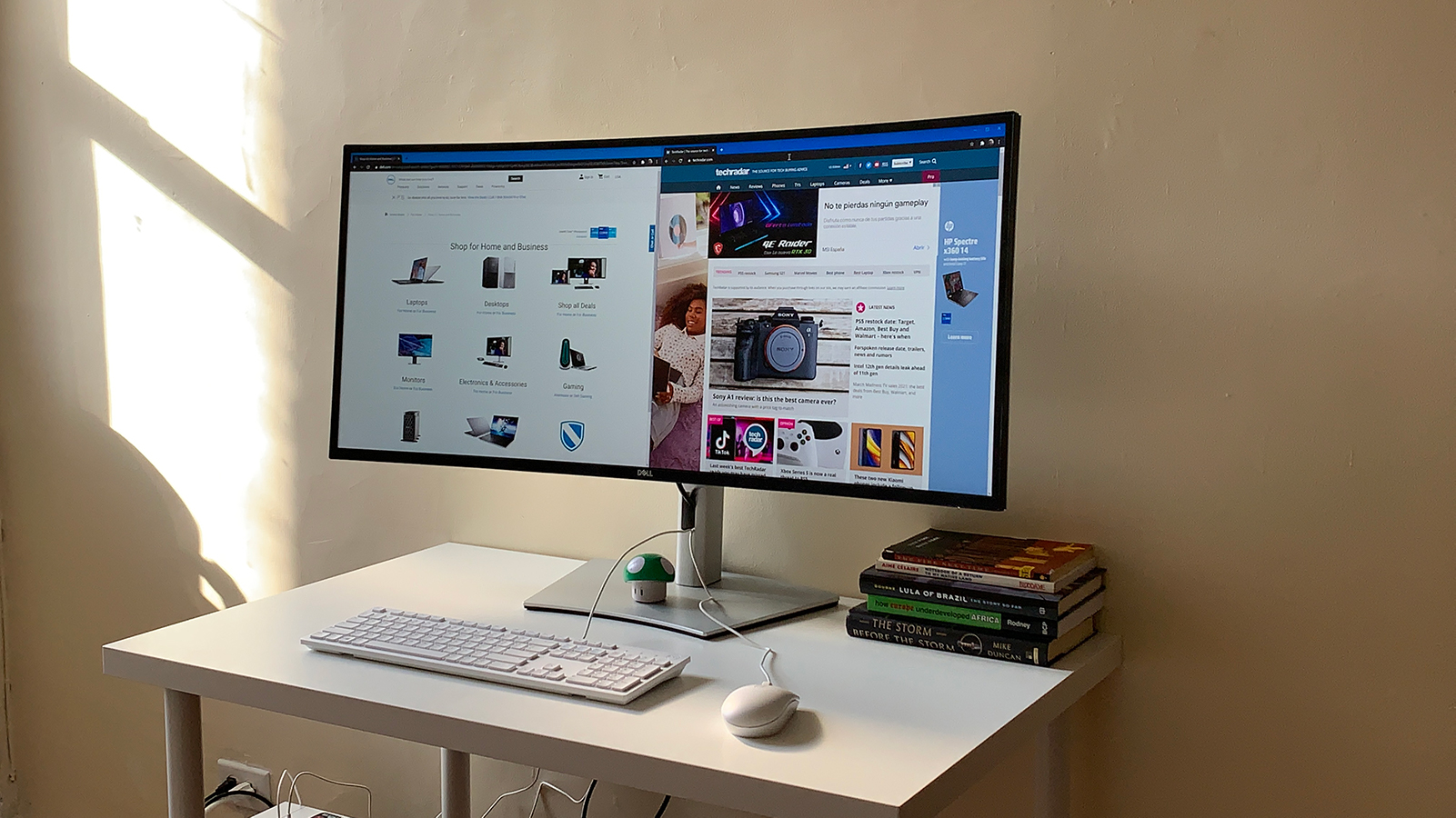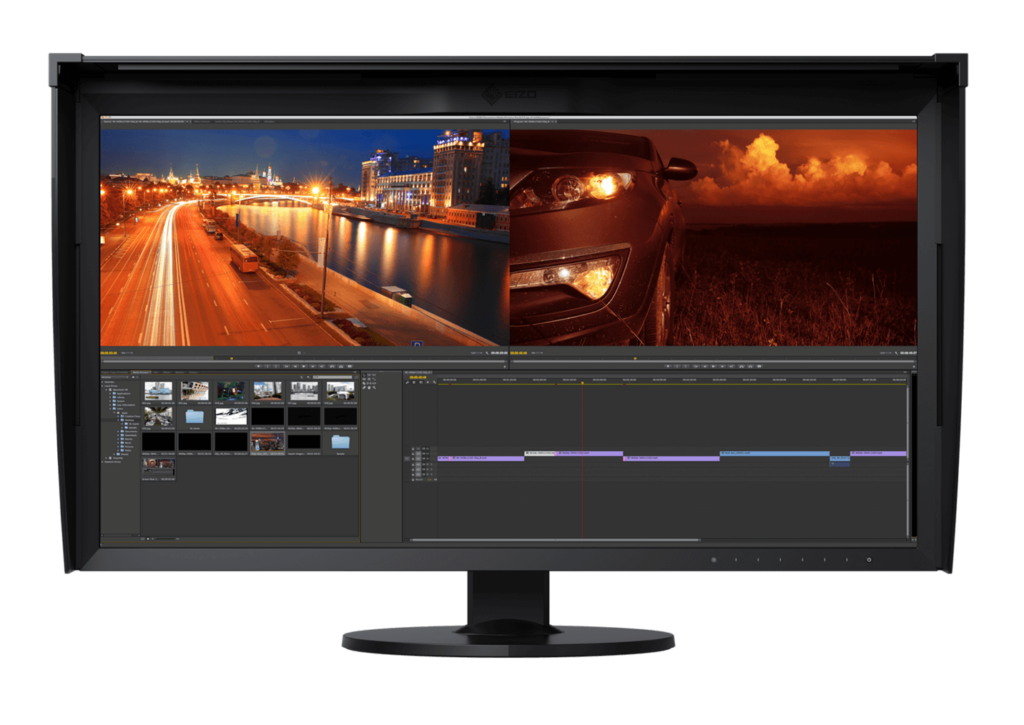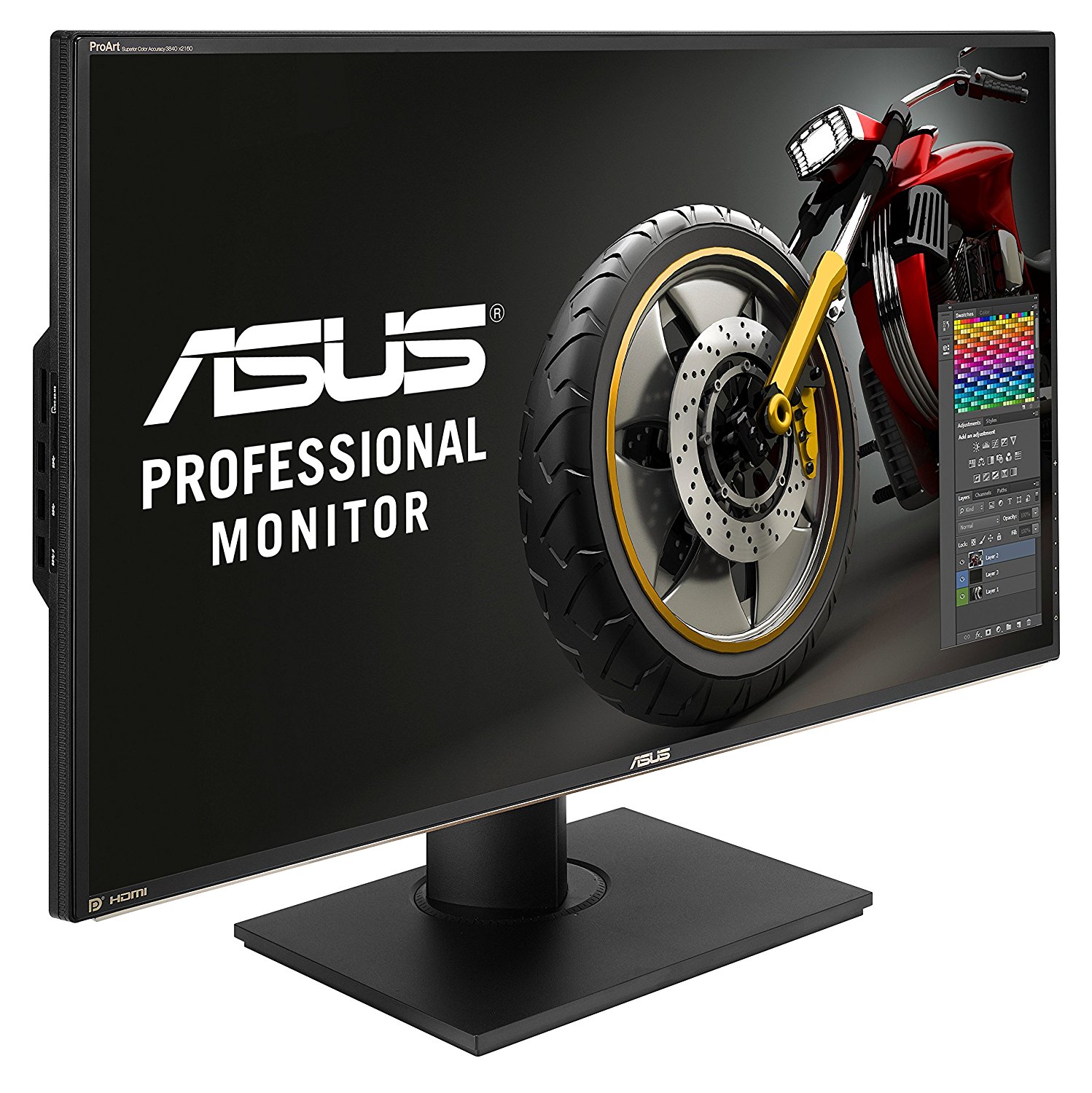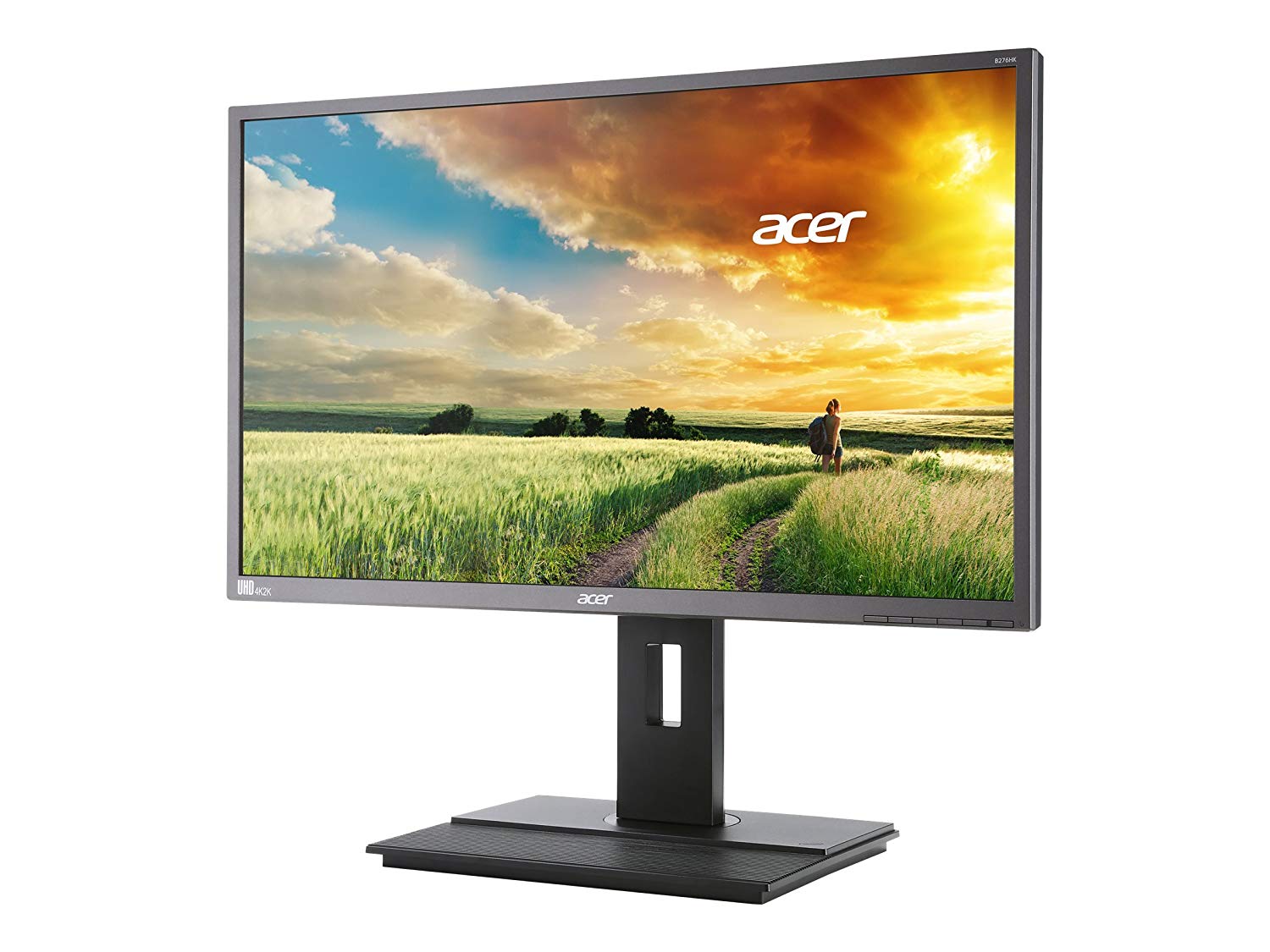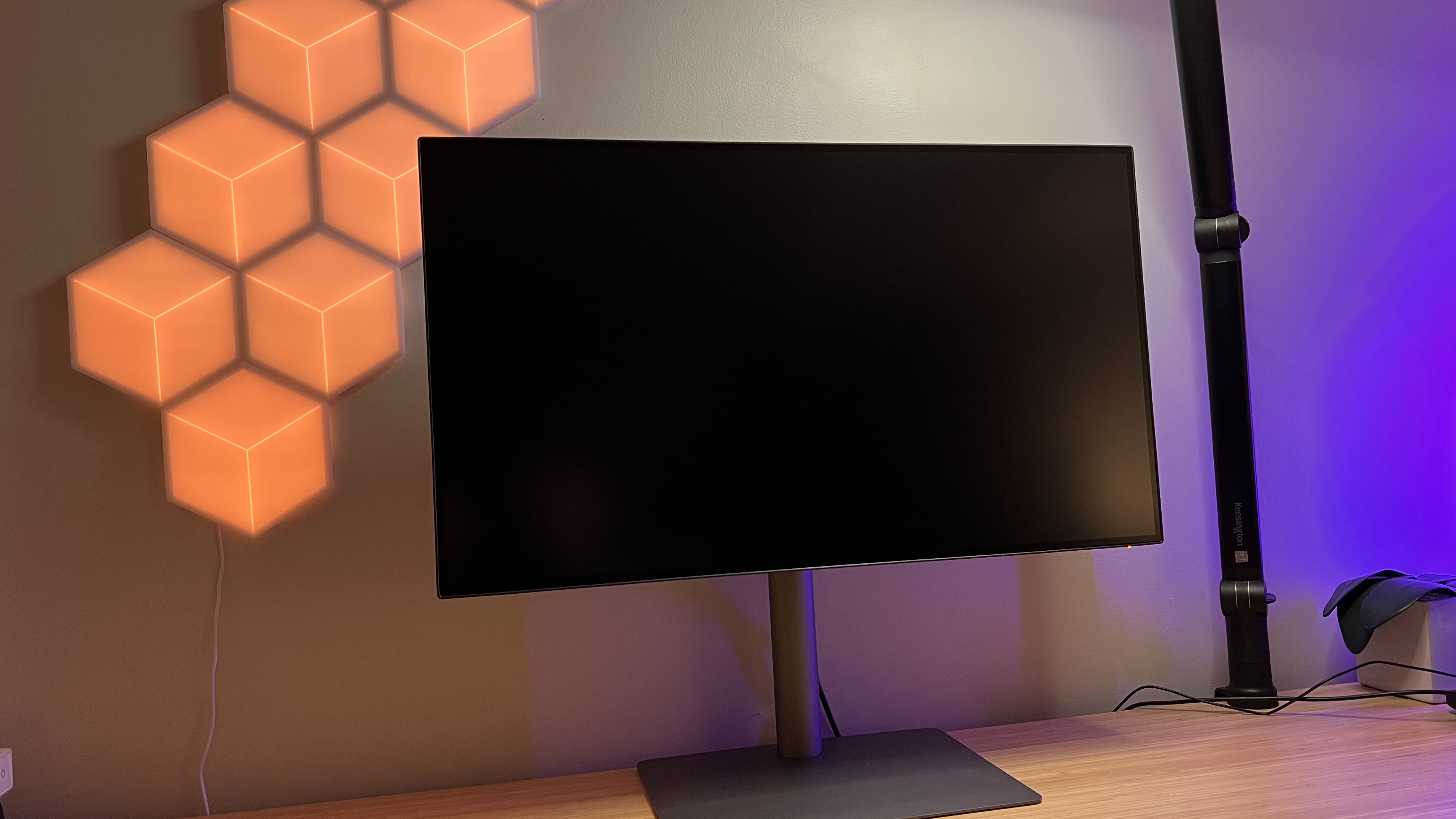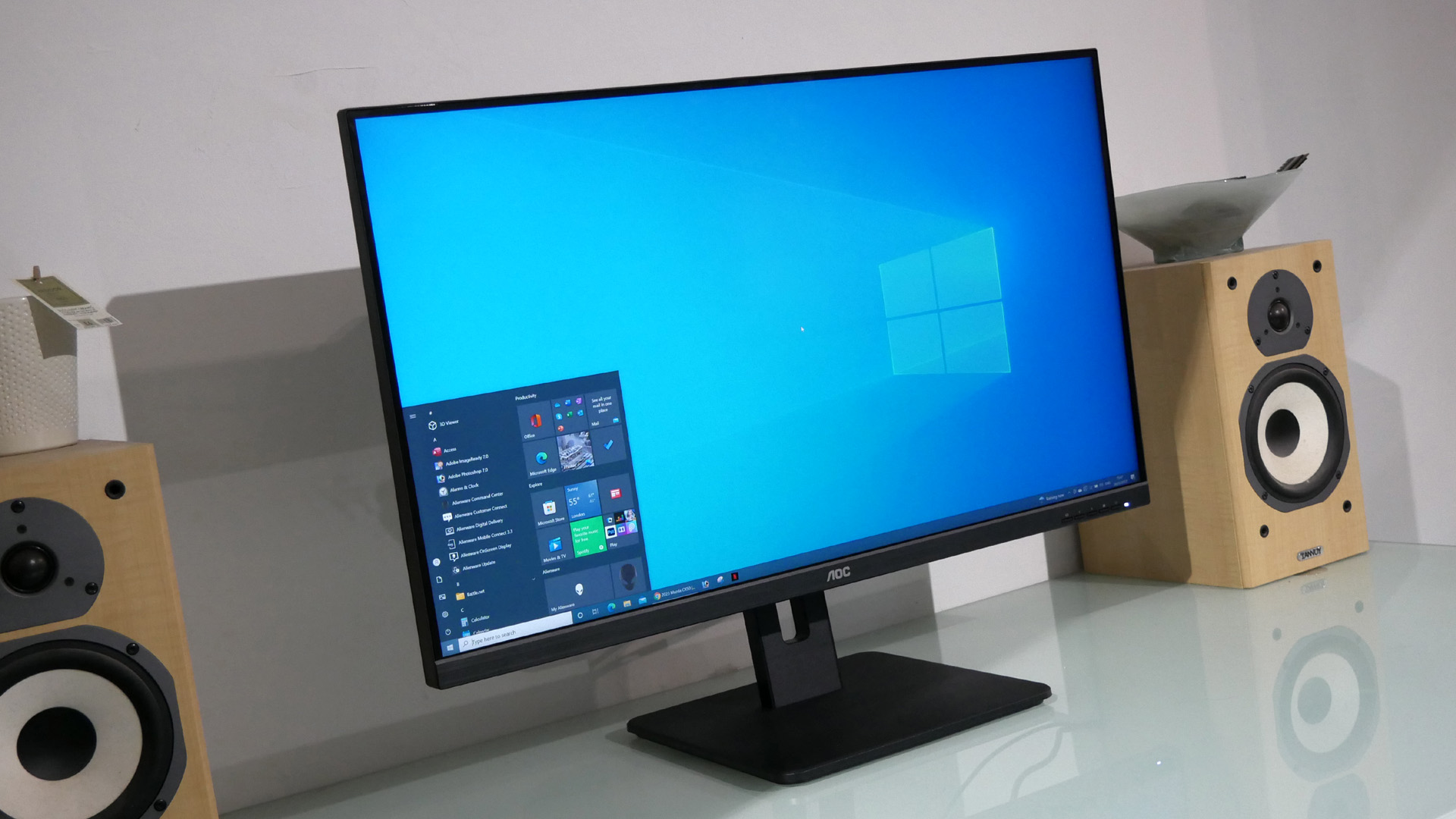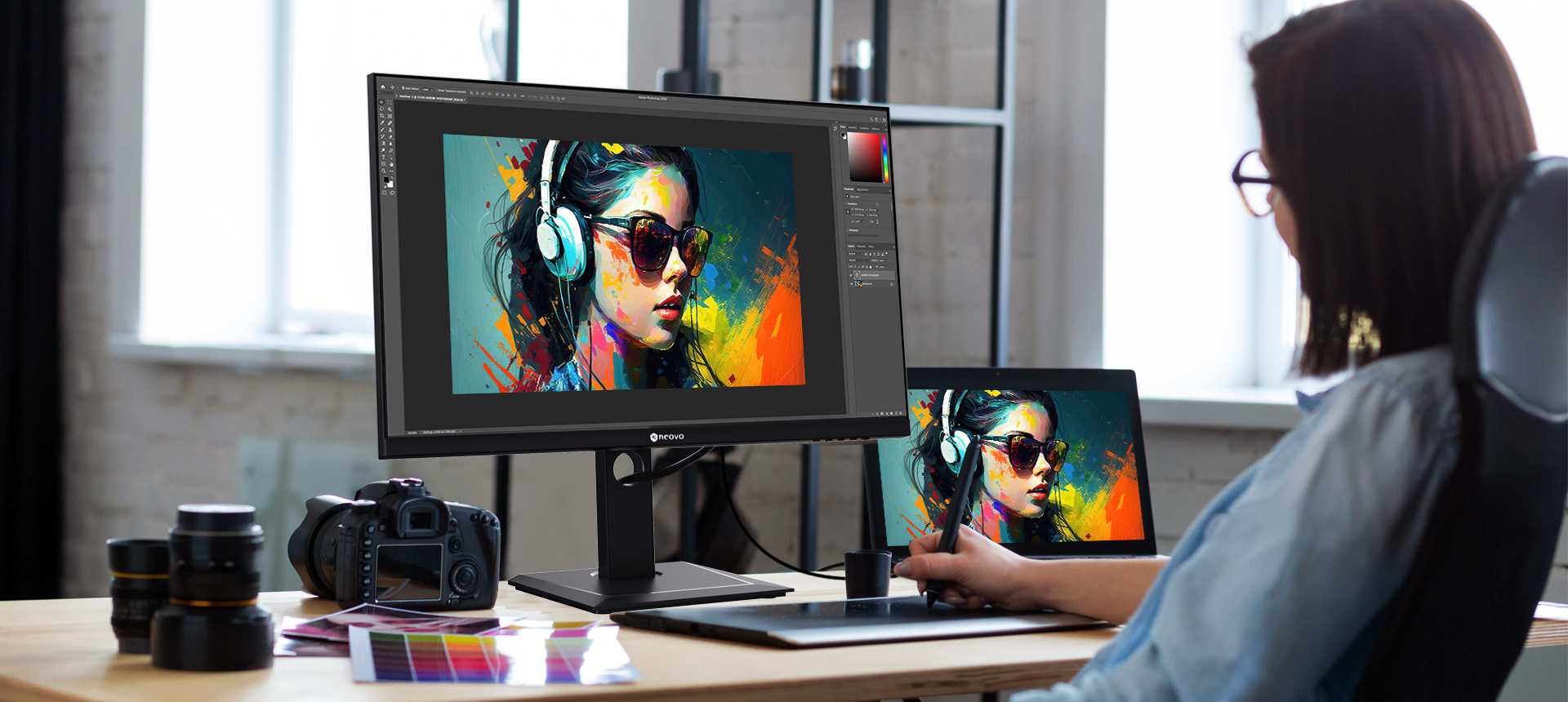Professional Monitors For Graphic Design
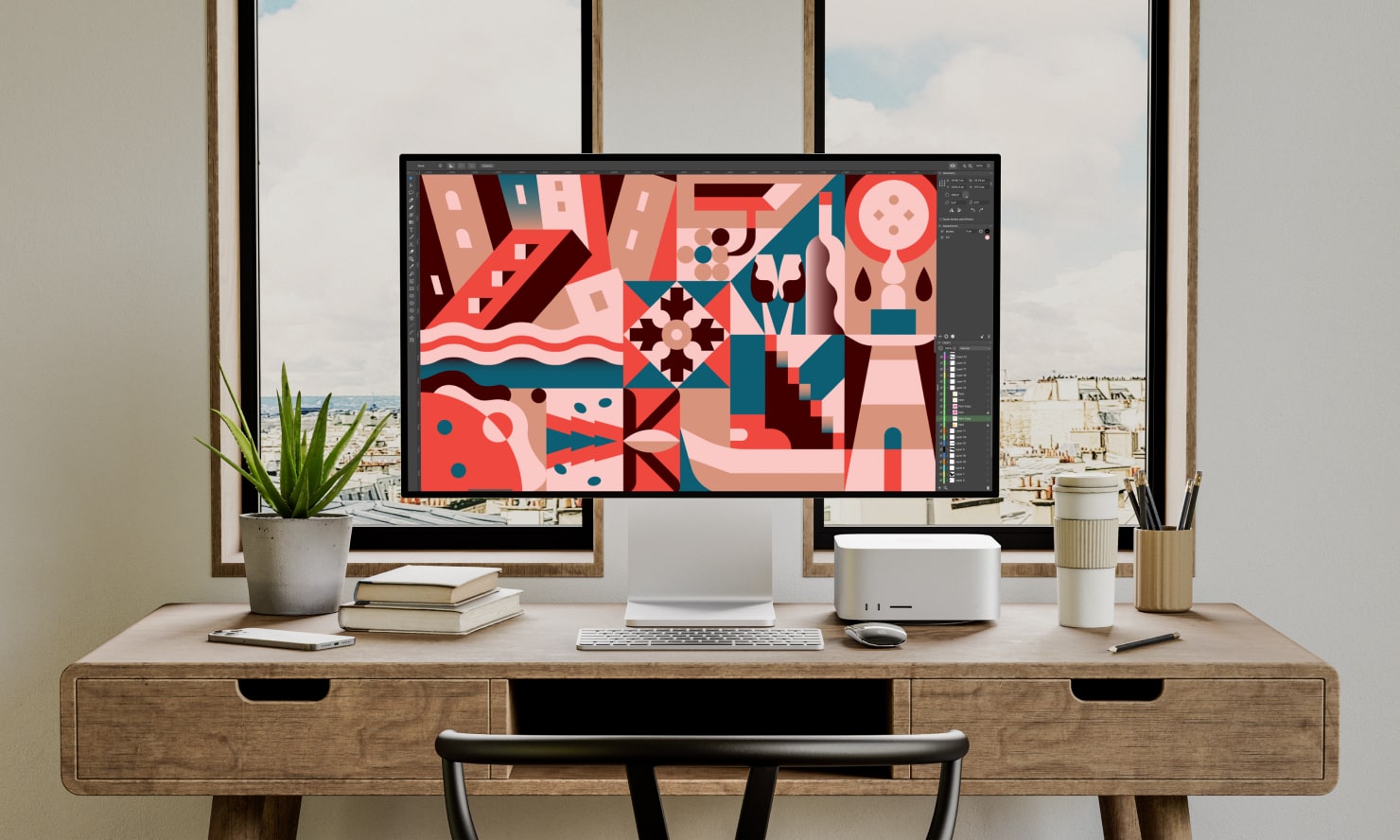
Imagine a world painted in a million hues, where every subtle gradation of color bursts forth with breathtaking clarity. This is the reality for graphic designers who understand the power of a truly exceptional professional monitor. It’s more than just a screen; it’s the artist’s window to their creation, the vital bridge between imagination and execution.
The choice of monitor is a pivotal decision for any graphic design professional. It directly impacts the accuracy, efficiency, and ultimately, the quality of their work. Investing in a high-quality professional monitor is akin to equipping a painter with the finest brushes and canvases, ensuring their vision translates flawlessly from concept to finished product.
The Evolution of Design Displays
The journey of graphic design monitors has been one of constant innovation. Early displays were limited in color accuracy and resolution, presenting significant challenges for designers striving for precision.
The introduction of LCD (Liquid Crystal Display) technology marked a turning point. These offered improvements in brightness, contrast, and viewing angles.
However, it was the development of advanced panel technologies like IPS (In-Plane Switching) that truly revolutionized the field. IPS panels delivered superior color accuracy and wider viewing angles, crucial for collaborative work and ensuring consistent color representation across different perspectives.
Why Color Accuracy Matters
For graphic designers, color is everything. From branding materials to website designs, the ability to accurately reproduce and manipulate colors is paramount.
A monitor that struggles with color accuracy can lead to significant discrepancies between what the designer sees on screen and what the client or end-user ultimately experiences.
According to a report by the Graphic Artists Guild, inaccurate color representation is a leading cause of revisions and client dissatisfaction, highlighting the direct impact on productivity and profitability.
Key Features to Consider
Navigating the world of professional monitors can be overwhelming, but focusing on key features can simplify the decision-making process.
Resolution is crucial, with 4K (3840 x 2160 pixels) becoming increasingly standard for detailed work. Higher resolution allows designers to see more detail and work with larger canvases without sacrificing clarity.
Color Gamut Coverage, such as Adobe RGB or DCI-P3, indicates the range of colors a monitor can reproduce. A wider gamut ensures more vibrant and accurate color representation, particularly important for print and video work.
Delta E (ΔE) is a measurement of color accuracy, with lower values indicating better performance. Professional monitors typically boast a ΔE of less than 2, ensuring minimal color deviation from the source.
"A good monitor is an investment, not an expense. It pays for itself in increased efficiency, reduced errors, and ultimately, happier clients." - Sarah Miller, Creative Director at a leading design agency.
Beyond the Specs: Ergonomics and Connectivity
While technical specifications are important, ergonomics and connectivity play a vital role in the overall user experience.
Adjustable stands that allow for height, tilt, swivel, and pivot adjustments are essential for maintaining a comfortable and productive workspace. Prolonged periods of working in awkward positions can lead to discomfort and even injury.
Modern monitors offer a range of connectivity options, including HDMI, DisplayPort, and USB-C. USB-C connectivity is particularly valuable, as it can transmit video, audio, and data, while also providing power delivery for compatible devices.
The Future of Visual Precision
The future of professional monitors for graphic design is bright, with ongoing advancements promising even greater levels of accuracy and performance.
Emerging technologies such as OLED (Organic Light Emitting Diode) offer the potential for perfect black levels and infinite contrast ratios, further enhancing the visual experience.
As technology continues to evolve, one thing remains certain: the importance of a high-quality professional monitor will only continue to grow for graphic designers seeking to create stunning and impactful visual experiences.
